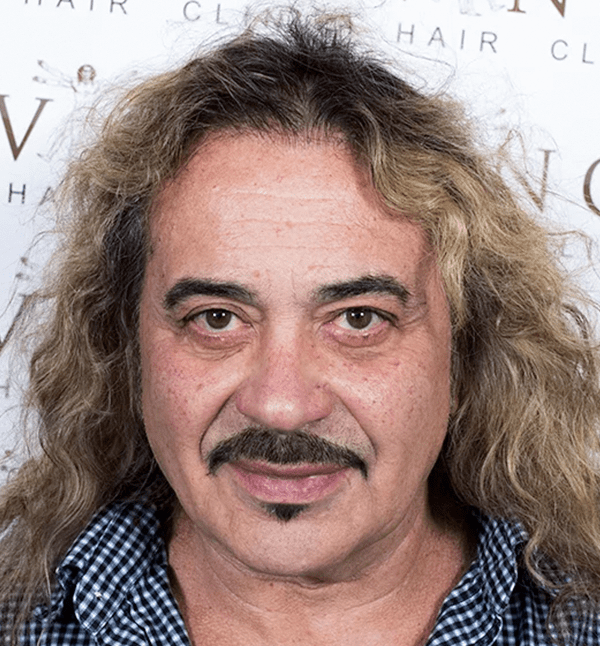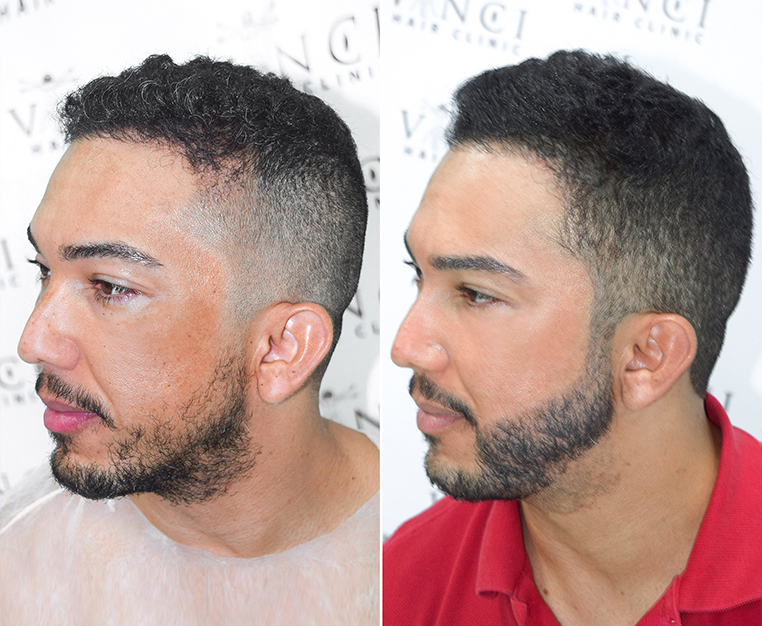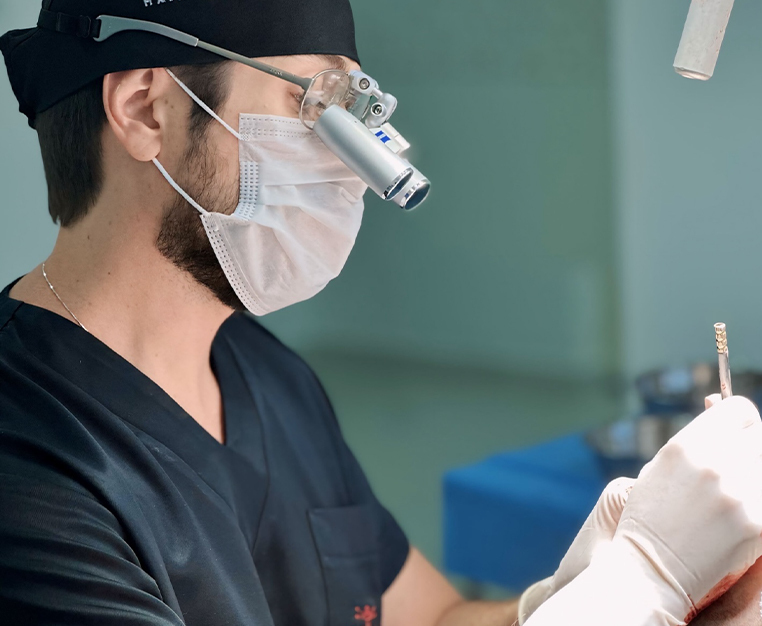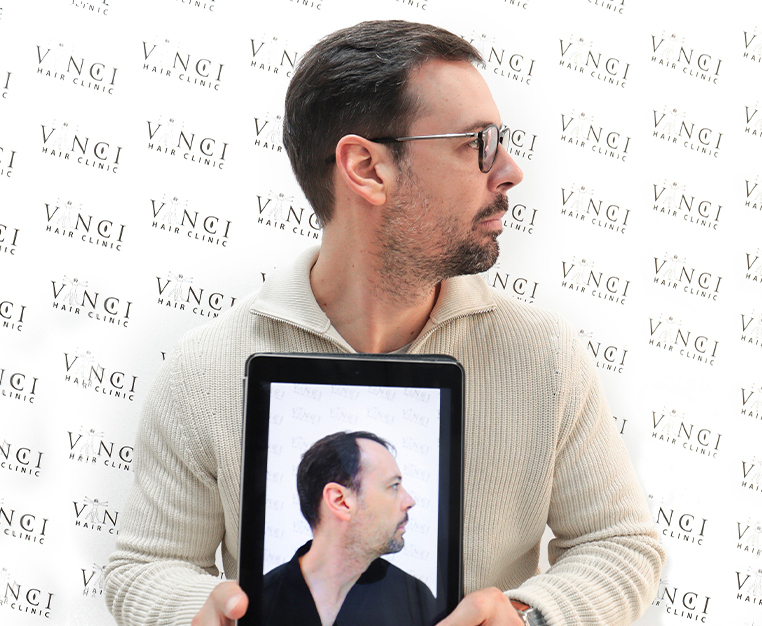About 60% of men and women will experience some form of hair loss by the age of 35-50 years, either as a sign of ageing or due to other reasons. However, hair transplant has become a popular procedure for regaining hairlines, full hair, and boosting self-confidence. A hair transplant procedure involves taking hair from thicker parts of the scalp or parts of the body known as the donor area and inserted into the bald area of the scalp.
A hair transplant may sound like a great idea, but not everyone is a great candidate for the treatment. Suffering from hair loss alone isn’t enough. There are some factors to think about to know if it is right for you.
What Makes You An Ideal Candidate For A Hair Transplant?
This part of the article discusses some of the factors transplant surgeons take into account when assessing your suitability for transplant surgery. You don’t necessarily need to tick every item on this list, but your doctor will determine if you will benefit from a transplant.
Age Of The Patient
While there are no age limits for hair transplant, the ideal candidate age is between 30 to 65 years. This is because patients younger than the age of 30 are only still experiencing premature hair loss that might change over time as they grow older. And patients over the age of 65 are not usually considered a good candidate for the transplant due to very little to no hair left for the transplant. However, depending on the type of hair loss, patients above 65 years could still qualify for hair transplants.
Type Of Hair Loss
The type of hair loss is an essential determinant of whether one is an ideal candidate for the transplant or not. You are a perfect candidate if you suffer from pattern baldness, a genetic condition that affects only parts of the scalp, leaving the other parts with good donor hair follicles that can be extracted. If you suffer from different types of hair loss like alopecia will have poor hair follicles; therefore, the transplant will not be successful. This makes such patients less suitable for the procedure.
Volume Of Hair Follicles
Since there needs to be a fair amount of healthy hair follicles for a successful transplant, the quality and quantity of donor hair follicles also determine if a patient qualifies for the hair transplant. That is, before the patient can be eligible as a candidate for the transplant, there needs to be a moderate to a high volume of the donor hair follicles.
Texture Or Type Of Hair
Curly or straight hair, any type or texture of hair can get a hair transplant done. Although, many surgeons prefer curly hair to straight hair because it requires only a few strands of hair to cover the same size of the bald or hairless area. Unlike straight hair, curly hair transplant requires a slightly more complex procedure. The structure of the hair follicles and strands of curly hair differs from that of straight hair by its spiral shape from the tip to the root. To keep the hair structure intact, surgeons must handle curly hair with extreme care during the procedure. For this reason, curly hair can be a bit difficult to transplant than straight hair. But due to the nature of curly hair, it gives a better result with an appearance of thicker and fuller hair.
Hair Colour
Hair colour is also an essential factor that would determine how effective the procedure would be. A patient with fair skin or scalp will have better results if the natural hair is the same as the skin colour (for instance light skin and light hair, dark skin and dark hair) as there is less contrast between the two and would require only a few transplants to achieve the desired result. In other words, the smaller the colour contrast between the hair and scalp, the less noticeable the bald area appears. This makes such a person a right candidate for the transplant.
Hair Thickness
Hair thickness will also determine how successful or effective the hair transplant would be. A patient with thicker hair would only require a few drafts to get the same effect or result as those with thinner hair. When light passes through sparse hair, the bald area becomes apparent. Thicker hair will give the appearance of the bald area more coverage.
Scalp Flexibility
Scalp laxity is one of the most significant factors to determine a person’s suitability for a hair transplant. Patients who are considering hair transplantation will have much better results if their scalp is loose or flexible. This allows surgeons to insert new hair follicles easily. Unlike patients with an abnormally tight, inflexible, or loose scalp, it would be difficult to remove and transplant hair follicles. This then makes such patients unsuitable for hair transplant or restoration.
Patient’s Health
Hair transplantations are the same as other surgical procedures, so the patient must be in good health before undergoing hair transplant surgery. A sound immune system helps to reduce the risk of complications and also enhance quick recovery.
Ready For A Consultation?
If after reading this blog post, you are wondering if a hair transplant procedure is right for you, then maybe it’s best if you book a consultation with a specialist. At Vinci Hair Clinic, we have hair restoration specialists who will be able to assess you and determine if a hair transplant is the best hair restoration option for you. If you’re unsuitable for a transplant, they will advise on the next best option to help restore a full head of hair. Get in touch and book a consultation to begin your hair restoration journey today.






